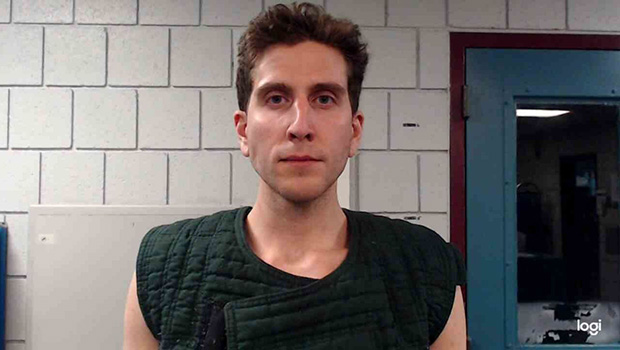Bryan Kohberger has agreed to plead guilty to the murders of four University of Idaho students, a decision made as part of a plea deal with prosecutors to avoid the death penalty. This significant development was confirmed by Shanon Gray, the attorney representing the family of victim Kaylee Goncalves. The case has drawn national attention due to its tragic nature and the intense search for justice.
The plea agreement marks a pivotal moment in the legal proceedings surrounding the brutal stabbings that shook the university community. By accepting the plea, Kohberger will face life imprisonment without the possibility of parole, thereby sparing him the death penalty. This decision comes after months of negotiations between the defense and prosecution, aiming to bring a resolution to a case that has left families and friends of the victims seeking closure.
The Case That Captivated a Nation
The murders, which occurred in November of last year, involved the fatal stabbings of four students in their off-campus residence. The victims, identified as Kaylee Goncalves, Madison Mogen, Xana Kernodle, and Ethan Chapin, were all promising young individuals whose lives were tragically cut short. The case quickly garnered widespread media coverage, with many following the investigation closely as authorities worked tirelessly to identify and apprehend the suspect.
Authorities described the crime scene as particularly gruesome, with evidence suggesting that the attack was both premeditated and executed with chilling precision. Kohberger, who was apprehended several weeks after the incident, has remained a figure of intense public scrutiny throughout the legal process.
Legal and Emotional Implications
The decision to accept a plea deal has sparked a range of reactions, both legally and emotionally. For the families of the victims, the plea offers a measure of justice, albeit one that cannot fully compensate for their loss. Shanon Gray, speaking on behalf of the Goncalves family, noted that while the plea does not bring their daughter back, it does ensure that Kohberger will never walk free again.
Legal experts have weighed in on the plea agreement, highlighting its potential benefits in avoiding a lengthy and emotionally taxing trial. According to legal analyst Jennifer Harbury, “Plea deals in capital cases are not uncommon, as they can provide a certain level of assurance to both the prosecution and defense, while also sparing the families from the trauma of reliving the events in court.”
Historical Context and Future Considerations
Plea bargains in high-profile murder cases have a long history in the United States, often serving as a pragmatic solution to complex legal challenges. The decision to forego the death penalty in exchange for a guilty plea is not without precedent, reflecting broader trends in the criminal justice system where life imprisonment is increasingly favored over capital punishment.
As the case moves towards its conclusion, questions remain about the broader implications for the community and the university. The University of Idaho has been working to support its students and staff through counseling services and increased security measures, aiming to restore a sense of safety and normalcy on campus.
Meanwhile, the families of the victims continue to advocate for their loved ones, keeping their memories alive through scholarships and memorials. The legacy of Kaylee, Madison, Xana, and Ethan serves as a poignant reminder of the impact of violence and the enduring quest for justice in its aftermath.
As the legal proceedings draw to a close, the focus shifts towards healing and prevention, with community leaders emphasizing the importance of vigilance and support systems to prevent future tragedies.






















